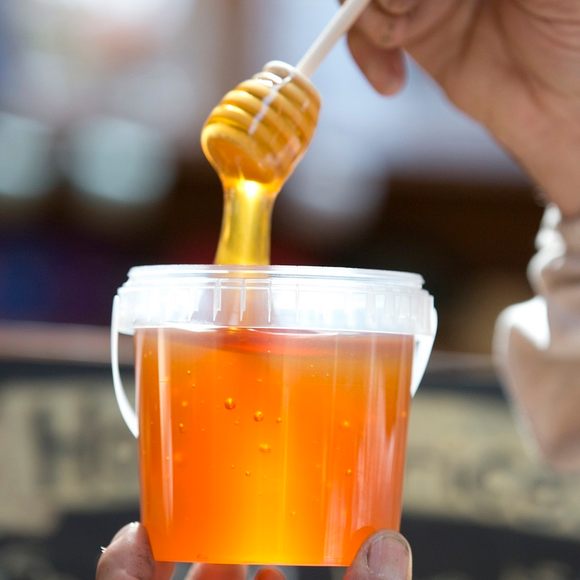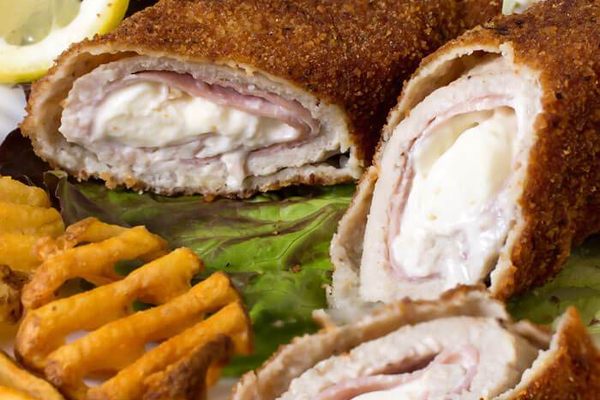Ingredients & Condiments
Ligurian Honey
This famous Italian honey is now produced only on an Australian island.
Ancient Romans loved it, Australian law protects it, and modern epicures travel across continents to taste it. Ligurian honey is as sweet as it is rare. Native to the Italian Alps, where they were famous for their productivity and docile natures, purebred Ligurian bees have been eliminated from their homeland as a result of interbreeding and disease. Now, it’s believed that the only remaining purebred population of Ligurians lives on Kangaroo Island, a sunny island about 10 miles off the southern coast of Australia. The entire island has been a bee sanctuary, perhaps the world’s first, since a group of Ligurian queen bees was let loose there in the 1880s.
Thanks to the strong arm of the 19th-century Australian beekeeping lobby, the Ligurian bees have been protected ever since. Australian law prohibits visitors from bringing bees, honey, pollen, or used beekeeping tools onto the island without an official clearance. This means that, unlike most parts of the world, where bees are vulnerable to illness and interbreeding, the Ligurian population has remained pure and healthy.
Like all honeys, Ligurian honey reflects the bouquet of the bees’ particular environment on Kangaroo Island, with shades of flavor depending on the season and which flowers the bees feed on. Bees that feed from the island’s many species of eucalyptus flowers tend to produce intensely-flavored, amber-hued honeys. The island’s most well-known variety comes from bees that feed on the sugar gum eucalyptus, which yields a honey that is lighter in color and softer and more floral in flavor than other eucalyptus honeys. Meanwhile, honeys that come from spring flowers such as the island’s canola and capeweed have a flavor as delicate as the season itself. No matter the variety, it’s often enjoyed drizzled on toast or pancakes, or simply by the spoonful.
Rare and delicious, Ligurian honey is the queen bee of the apiary.
Where to Try It
-
Hanson Bay Wildlife Sanctuary and Cabins
South Coast Road, Karatta, 5223, AustraliaThis wildlife sanctuary produces its own honey for sale and offers visitors the opportunity to cavort with koala bears.
-
Island Beehive Website
59 Playford Highway, Kingscote, 5223, AustraliaThis working apiary offers tours and a store selling Ligurian honey.
Written By
 Reina Gattuso
Reina Gattuso

















